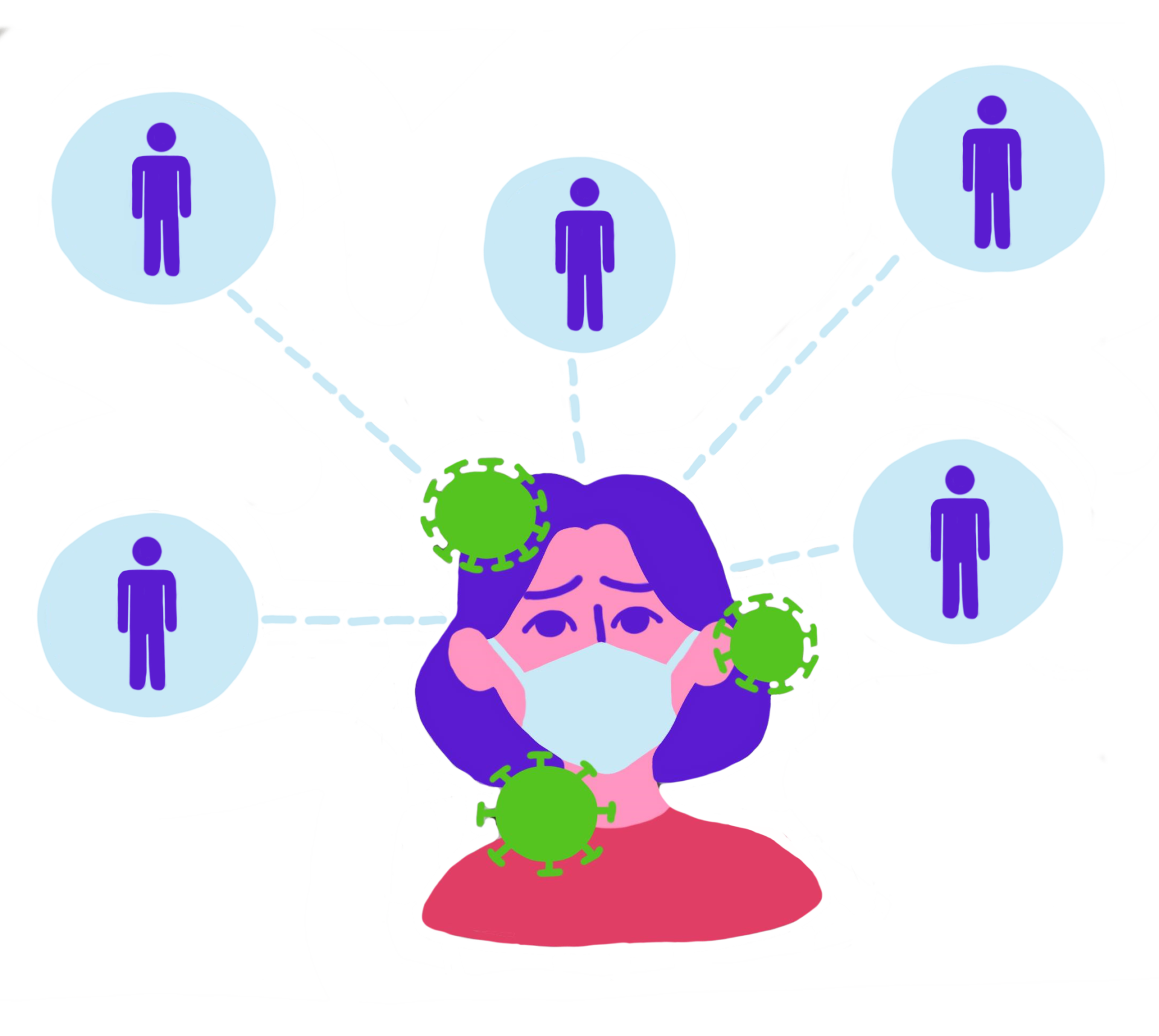
In response to how effective contract tracing has been in minimizing COVID-19 cases on campus, the Division of Student Life recently decided to remove three safety measures that have helped students stay socially distanced and largely mitigated the potential for widespread infection. This decision went into full effect on Friday, Feb. 12 with restrictions related to dining, residence hall movement and in-person events being swiftly removed to reward the student body for keeping the infection rate low at Lewis & Clark.
Unfortunately, this decision complicates the contract tracing that has helped our community stay safe over the past month. While students can still be accounted for in dining areas and throughout in-person events, there is no way to ensure that students moving between residence halls will use the QR codes posted on the front doors to assist in contract tracing, which is what the Student Life is depending on. Furthermore, there is no conceivable way to enforce the ban on students using the bathroom while they are in another residence hall, meaning that the regulation of such activity is self-monitored — an old school, honors-based approach.
On its surface, this decision is problematic because giving young adults a tremendous amount of disease-preventing responsibility is a recipe for disaster. Suffice to say, young people have been less receptive to COVID-19 prevention measures than their older counterparts throughout the course of the pandemic. Although the LC student body is strongly committed to keeping each other safe, it is simply too idealistic to trust us when a lapse in judgment from one individual could potentially result in widespread infection.
When looking at the lifted restrictions for dining and in-person events, it becomes apparent that there is a right way to go about self-regulation for young people that is not reflected in the new residence hall policy. To see this, we have to consider what is being asked of students and who is around to witness it.
In a dining or in-person event setting, LC students are asked to do two things: socially distance and wipe down surfaces. These requests are simple enough, and most students can follow the logic behind such measures for preventing the spread of COVID-19.
These settings also foster shared accountability because they allow people to monitor each other’s behavior. Without such social pressure, people are more inclined to make selfish decisions that violate existing protocols.
The new residence hall policy does itself no favors in that regard. Social pressure is practically nonexistent, seeing as students are expected to fully monitor themselves without outside reinforcement. We have already seen the pitfalls of this self-regulatory method in LC’s policy against leaving campus, which, as a student with eyes and ears, I have seen violated more times than I can count due to a lack of community oversight.
Additionally, there is a possibility that the new residence hall policy will not resonate with most students. While what is being asked (QR sign-ins and following the bathroom protocol) is simple enough to follow, the purpose behind it (contract tracing) is more complex as it relates to COVID-19 prevention. Students are unable to fully understand its necessity and importance, which is reflected in the fact that contract tracing apps used by other colleges typically have some sort of mechanism for ensuring students’ compliance, such as mandatory check-ins on the app.
There is a sizable difference between lifting restrictions on dining and in-person events and lifting restrictions on residence hall movement. The latter presents unique difficulties in maintaining the contract tracing that our community has worked so hard to preserve, making it essential that the Division of Student Life reconsiders.
Subscribe to the Mossy Log Newsletter
Stay up to date with the goings-on at Lewis & Clark! Get the top stories or your favorite section delivered to your inbox whenever we release a new issue.

Leave a Reply